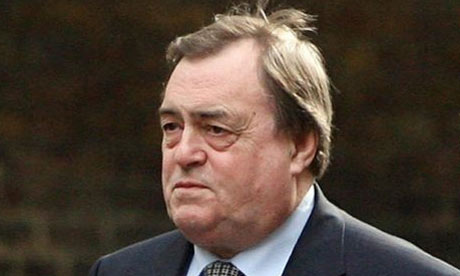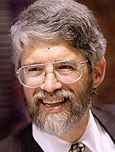 The ETS review committee has published its report [PDF here], and recommends that an all sectors, all gases emissions trading scheme should be the “primary economic mechanism” in the government’s response to climate change. However the report makes very little in the way of substantive recommendations about how the current ETS legislation should be amended. Agriculture should be included, and forestry given legislative certainty, but there’s no detail on how the current ETS timetable could be altered. The report’s main conclusions appear to echo climate change minister Nick Smith’s recent comments on the likely future course of climate policy — but effectively give him a free hand to do what he wants.
The ETS review committee has published its report [PDF here], and recommends that an all sectors, all gases emissions trading scheme should be the “primary economic mechanism” in the government’s response to climate change. However the report makes very little in the way of substantive recommendations about how the current ETS legislation should be amended. Agriculture should be included, and forestry given legislative certainty, but there’s no detail on how the current ETS timetable could be altered. The report’s main conclusions appear to echo climate change minister Nick Smith’s recent comments on the likely future course of climate policy — but effectively give him a free hand to do what he wants.
The majority report — supported by National and United Future — is accompanied by minority reports from Labour, the Greens, the Maori Party and ACT. Labour, the Greens and the Maori Party want tougher action, while ACT still denies the reality of climate change. The Maori Party and ACT would prefer a carbon tax to an ETS, but are otherwise on different planets. This leaves National trying to drum up support for amending legislation, but unable to rely on anyone other than Peter Dunne. Meanwhile, Labour is still offering an olive branch: they’ll support amending the current ETS, but not if it means huge taxpayer subsidies to big emitters or cripples forest planting.
Here are some of the report’s key findings:
Continue reading “ETS report: wishy-washy and a waste of time”

 John Prescott, whose activities in the lead-up to Copenhagen I drew attention to in an earlier
John Prescott, whose activities in the lead-up to Copenhagen I drew attention to in an earlier  Physicist John Holdren is President Obama’s chief science advisor and director of the White House Office of Science and Technology Policy.Â
Physicist John Holdren is President Obama’s chief science advisor and director of the White House Office of Science and Technology Policy.  Reports timed to influence the approach to Copenhagen are continuing to appear. The latest, launched a few days ago by Tony Blair, is
Reports timed to influence the approach to Copenhagen are continuing to appear. The latest, launched a few days ago by Tony Blair, is